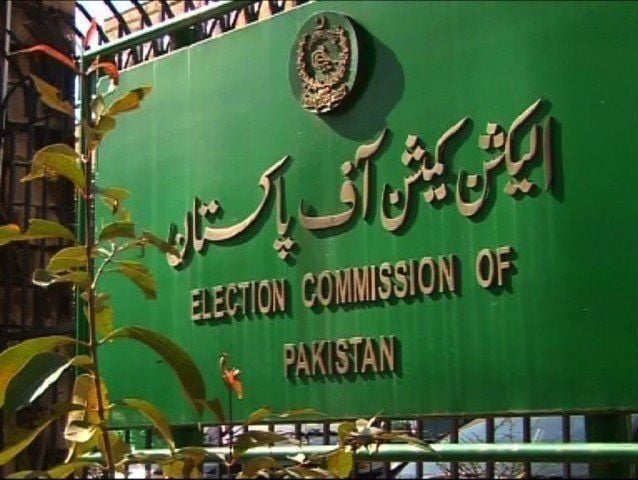The Election Commission of Pakistan (ECP) is reportedly considering the possibility of delaying elections in certain constituencies if the high courts permit independent candidates to change their electoral symbols.
Despite the general elections in Pakistan already experiencing months of delay and some political figures advocating for further postponements, the Supreme Court has directed officials to ensure that polls are held on February 8.
During a meeting chaired by Chief Election Commissioner (CEC) Sikandar Sultan Raja, the issue of appeals before high courts seeking changes in symbols was raised. It was suggested that the dates for specific constituencies could be adjusted if independent candidates were allowed to modify their symbols, according to the sources.
In an official statement, the election commission disclosed that the process of printing ballot papers for the general polls has commenced a day earlier. The commission is set to print hundreds of thousands of ballot papers, and any alterations due to symbol changes could potentially disrupt the entire schedule.
This development follows legal action taken by leaders of the Pakistan Tehreek-e-Insaf (PTI) party in the Peshawar High Court (PHC) against the allocation of their symbols. The PTI leaders, including Shehryar Afridi, Asif Khan, Kamran Bangash, and Aftab Alam, who are running as independent candidates after their party lost the ‘bat’ symbol, claimed that the election commission violated the law.
However, the PHC dismissed the petitions of the PTI leaders. Electoral symbols, distinctive pictorial identifiers, are assigned by the ECP to political parties and candidates. The symbols play a crucial role on ballot papers, especially in regions where a significant portion of the population is illiterate, which is over 40% in Pakistan.
The PTI, for instance, traditionally used the cricket bat as its symbol, referring to party founder Imran Khan’s status as a renowned former captain of the national cricket team. With a majority of constituencies located in rural areas where the literacy rate is around 50%, symbols are particularly vital for voter recognition.
Pakistan’s election process involves numerous candidates and political parties, each assigned specific symbols. For the upcoming election, 150 symbols have been allocated to political parties, while another 174 will be assigned to independent candidates.










